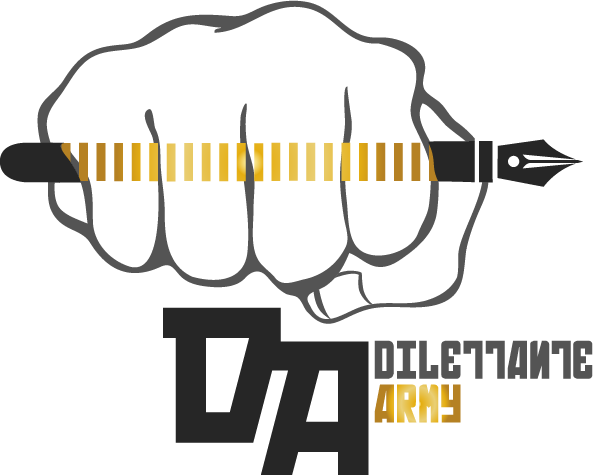Call for Submissions: Well, Actually
Definitive Guide, our upcoming Fall 2023 issue, has yet to be born—mark your calendars for September 25—and yet it already holds in its little magazine body the seeds of its own revision. Knowing that, despite its protests, every definitive guide is prone to error, Dilettante Army preemptively seeks pieces about correction for our Winter 2023 issue, Well, Actually.
“Well, actually” is the argumentative phrase at the beginning of a correction. It conjures up visions of pedants seizing on small technicalities instead of seeing the larger picture: aggressive, annoying, and dismissive. The discourse of mistake and correction is ancient, but internet culture charges it with a certain shape and intensity for both correctors and corrected. It’s the opening gambit of reply guys and mansplainers everywhere. Hearing “Well, actually” fills us with dread—we immediately know that what follows is not going to be good, whether it’s inaccurate or fussy or an attempt to claim superiority.
But surely, we should welcome corrections! We all want to be a little less wrong. The success of a correction depends on the affect with which it is given and received as well as the relative social positions of the corrector and the corrected—corrections may be driven by interpersonal concerns as much as fact patterns. Being corrected is a fraught and anxiety-provoking experience, and the impulses that drive someone to “well, actually” are potentially just as complex. What goads people to correct other people? What are the circumstances under which we might “actually” desire a correction, and from whom do we want it? What do those desires show about who is able to correct whom? What do corrections do?
Corrections are a normal part of discourse—every position taken demands an opposing position. We change our minds and correct ourselves all the time; correction is an internal as well an external experience. How might we cultivate space for corrections?
Dilettante Army seeks scholarly writing on revisions, retractions, and disavowals. Topics might include: climate change denial, correctional facilities, self-correction, palinodes, reply guys, juvenalia, complaint, one-upsmanship, social hierarchies, detransitioning, errata, libel laws, truth and reconciliation, internet shaming, official corrections, fallibility, imperfect knowledge, the appeal to authority, felicitous speech, red pilling, revised edition with a new introduction.
Submission proposals should be emailed to editor Sara Clugage (sara@dilettantearmy.com) by Tuesday, September 19. For more information about what we’re looking for and how to pitch, check out our Submission Guidelines.
Image: Harry S. Truman holding the Chicago Daily Tribune with the erroneous headline “Dewey Defeats Truman” at Union Station in St. Louis, Missouri, on November 4, 1948. Public domain. Image via Wikimedia Commons.



Dilettante Mail
Get updates from us a few times a year.